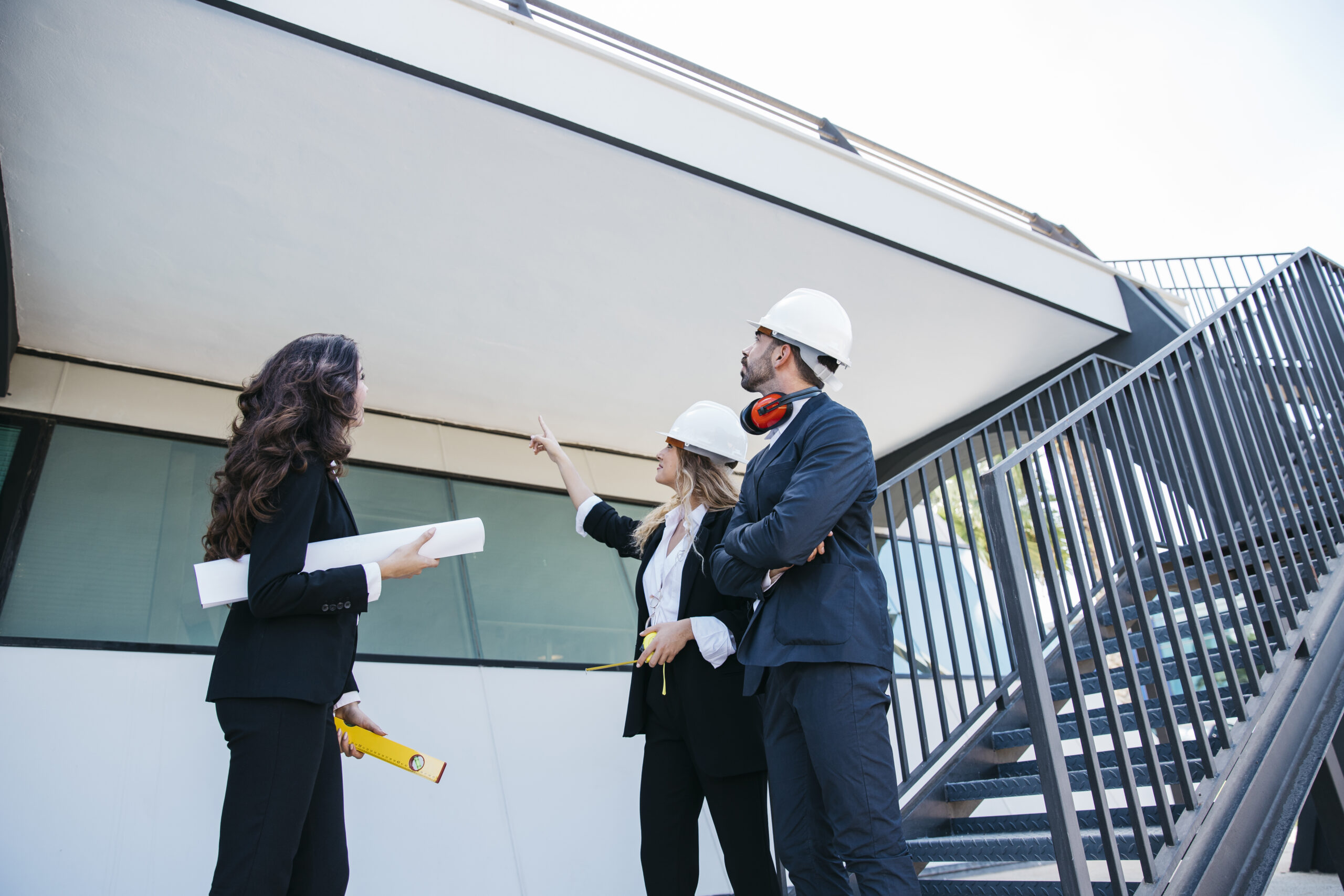
Commercial Roof Warranties: Protect Your Investment
In order to properly maintain your building, having a solid grasp of commercial roof warranties is crucial for protecting your investment. A robust protection can save you time, money, and stress in the long run. Additionally, understanding the benefits of these warranties, including how they contribute to commercial roofing protection, can empower you to negotiate better terms and ensure that you are getting the most value from your investment.
Whether you are considering a new roofing installation or evaluating an existing warranty, this guide will serve as a comprehensive resource for the complexities of commercial roof warranties. Let’s break down the essential components of that coverage.
What Are Commercial Roof Warranties?
Those are agreements between property owners and roofing manufacturers or contractors that provide protection against defects in materials and workmanship. These warranties serve as a safeguard for your investment, ensuring that any issues arising from material flaws or poor installation will be addressed without incurring additional costs. They also provide a framework for what you can expect from your roofing system and also serve as a vital safeguard for your investment. A well-structured warranty can mitigate risks associated with unexpected repairs, giving you peace of mind in knowing that your roof is protected against defects and damages.
Warranties can vary significantly based on the type of roofing system installed, the contractor’s reputation, and the manufacturer’s policies. Understanding these warranties is key to maximizing your roofing investment.
Types of Roofing Warranty Coverage
It’s essential to understand what is included in your roofing warranty. Typically, there are two main types:
- Material Warranty: This covers defects in the roofing materials themselves. If the material fails due to production defects, the manufacturer will replace them at no additional cost to you.
- Workmanship Warranty: This covers any issues that may arise from the installation process. If a contractor fails to install the roof correctly, this warranty will cover the costs of repairs or replacement.
Understanding the differences in coverage will help you determine the best warranty for your needs. Always read the fine print, as many warranties come with specific terms and conditions that can impact their effectiveness.
Roofing Maintenance Warranties: Keeping Your Roof in Top Shape
In addition to standard warranties, some roofing companies offer maintenance warranties. These are designed to ensure that your roof remains in optimal condition throughout its lifespan. For example, we provide a comprehensive maintenance plan as part of our roof restoration services.
By considering a maintenance warranty, you’re not just safeguarding your roof; you’re investing in the longevity and performance of your entire building. Here are some key aspects to consider:
- Regular Inspections: Maintenance warranties often require routine inspections to identify potential issues before they escalate. This proactive approach can save you money on repairs in the long run.
- Repair Coverage: Many maintenance warranties include coverage for minor repairs, ensuring that your roof remains leak-free and functional, maintaining the integrity of your roof without incurring unexpected costs.
- Extended Protection: By committing to regular maintenance, you can extend the life of your roof, making maintenance warranties a worthwhile investment.
Understanding Roof Warranty Terms
When reviewing commercial roof warranties, it’s important to understand the specific terms associated with each agreement. That will help you choose the right protection for your commercial roofing needs. Here are some common terms you should be familiar with:
- Warranty Period: This is the length of time the warranty is effective. Most commercial roof warranties range from 10 to 20 years, depending on the materials and type of roofing system installed.
- Transferability: Some warranties are transferable, which means if you sell your property, the warranty can be passed on to the new owner. This feature can enhance the value of your property.
- Exclusions and Limitations: Every warranty has exclusions, so it’s essential to read through these carefully. Common exclusions include damage from severe weather events, lack of maintenance, or misuse of the roofing system.
The Benefits of Long-Term Roofing Warranties
Investing in long-term roofing warranties provides numerous advantages for commercial property owners, including:
- Cost Savings: Protection against unexpected repair costs allows for better budget management over time.
- Peace of Mind: Knowing that your roofing system is protected enables you to focus on running your business, rather than worrying about defects and other issues.
- Enhanced Property Value: A commercial property with a robust roofing warranty is more appealing to potential buyers, as it showcases that the property has been well maintained and is protected against future roofing issues.
Protect Your Investment
Understanding commercial roof warranties is essential for protecting your investment and ensuring the longevity of your roofing system. By carefully evaluating warranty coverage, terms, and maintenance options, you can make informed decisions that align with your business needs.
At Silicoat Roofing, we are committed to providing our clients with high-quality roofing solutions backed by comprehensive warranties. Our experienced team is here to guide you through the process, ensuring your commercial roof remains in optimal condition for years to come.
Ready to protect your commercial property? Contact us today for a free consultation!


 Previous Post
Previous Post Next Post
Next Post